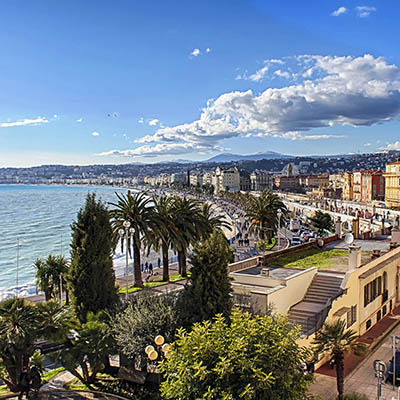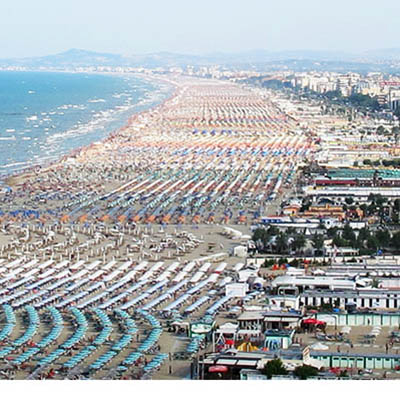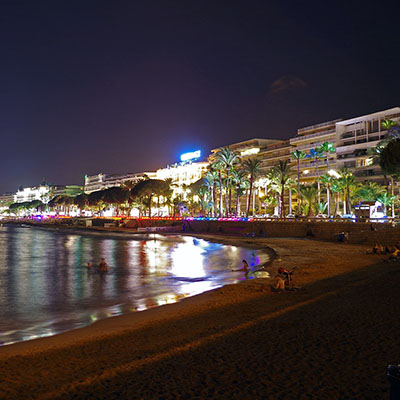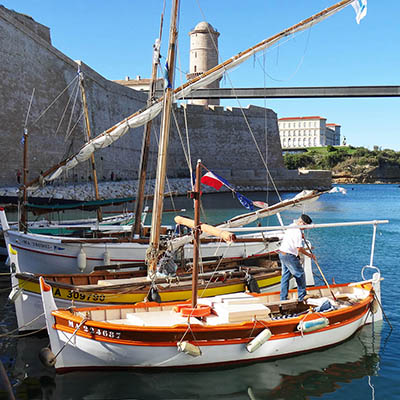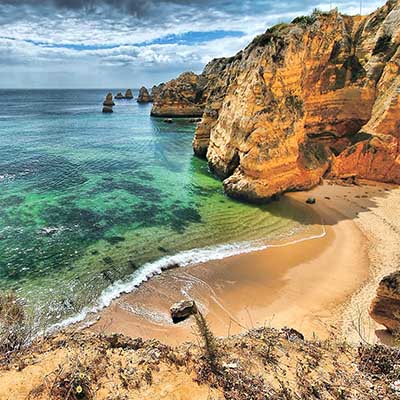
Jaffna Monthly Climate Averages
Location of the Jaffna is tropical climate zone with dry winter and rainy summer, typically with noticeable change of rainfall between seasons and insignificant temperature variance.
To help you choose the best time to travel, you can find climate data below on the weather in Jaffna .
| Month | day |
night |
rain |
|
| January | +28.5 | +23 | 70 | 12h |
| February | +29.9 | +22.6 | 37 | 12.2h |
| March | +31.8 | +23.4 | 19 | 12.4h |
| April | +33.4 | +25.6 | 43 | 12.7h |
| May | +33.3 | +26.9 | 46 | 12.9h |
| June | +32.7 | +26.9 | 23 | 13.1h |
| July | +32.6 | +26.2 | 41 | 13h |
| August | +32.4 | +25.9 | 48 | 12.8h |
| September | +32.1 | +25.7 | 75 | 12.5h |
| October | +30.8 | +24.7 | 249 | 12.3h |
| November | +29.3 | +23.9 | 356 | 12h |
| December | +28.3 | +23.6 | 294 | 11.9h |
High season with the best weather conditions for the beach leisure in Jaffna are typically January, February, March.
Temperature in Jaffna
The table shows that the hottest months in Jaffna are April and May, during which the average daytime temperature reaches +33.4°C and the nighttime temperature falls to +25.6°C.
The coldest months are December and January, when the daily average temperature falls to +28.3°C, and drops to +23.6°C during the night.
Best beach resorts :

Dubai
UAE

Venice
Italy

Barcelona
Spain
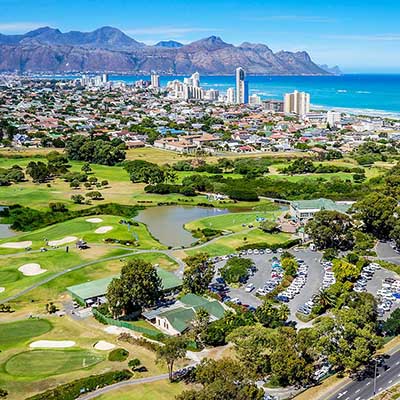
Cape Town
South Africa
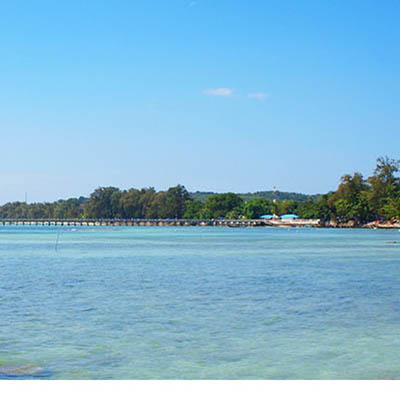
Phuket
Thailand

Bangkok
Thailand
Most Popular Destinations in the World
Sea temperature
The month with the highest average monthly temperature in the Indian Ocean on the beaches of Jaffna is May with 29 degrees.
The coldest water can be found in January — 27degrees C.
Precipitation
The largest amount of precipitation falls on average in November and December, up to 356mm, and the least in March and June — up to 19mm.

